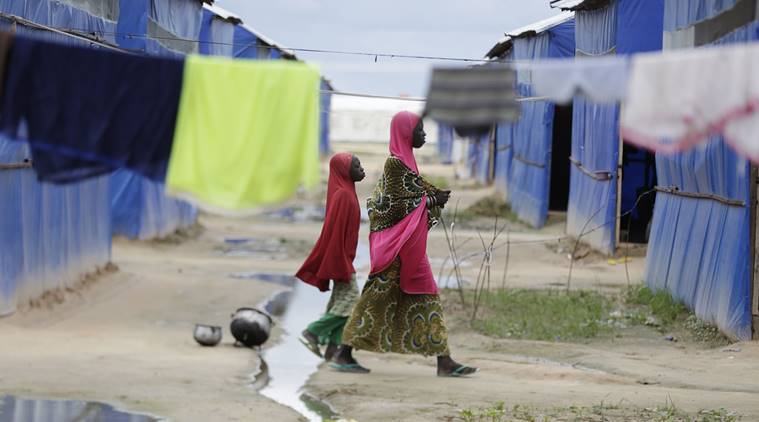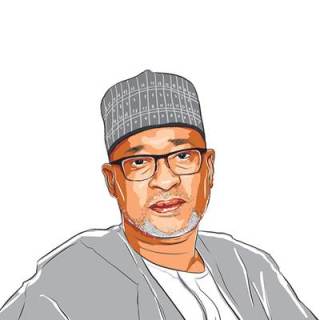Swachh Nigeria
Swachh Bharat Mission is an inspiring model for eradicating open defecation

Nigeria is a country of great people with an estimated population of 191million as of 2018. Located in Sub-Saharan Africa, it is a large country with tremendous natural and human resources. However, Nigeria faces a critical challenge in its Water, Sanitation and Hygiene (WASH) sector. While it has made significant progress in national access to improved water supply from 40 per cent in 1990 to 69 per cent in 2015, there was a great decline in access to piped water on premises from 32 per cent in 1990 to 7 per cent in 2015 in urban areas. The national access to basic sanitation stands at a low level of 33 per cent, with an estimated 47 million persons practising open defecation, the second-highest globally.
During the Millennium Development Goals (MDGs) era, the country made several efforts towards improving access to sanitation. These include the adoption of the Community-Led Total Sanitation (CLTS) approach to scale up sanitation in rural areas. National and sub-national specific roadmaps were also developed towards the close of the MDGs era for the elimination of open defecation in the country by 2025. The operationalisation of the roadmaps across the country was, however, slow and inconsistent. A new programme, Partnership for Expanded Water Supply, Sanitation and Hygiene (PEWASH) was developed in 2016 to improve the situation and bring sector actors together.
Nigeria and India share similarities, which include a large population, decentralised government structure and WASH challenges. Both countries have been at the top of the global open defecation ladder. India’s on-going Swachh Bharat Mission (SBM) has led to a reduction in the number of people practising open defecation and it is on its way to becoming Open Defecation Free by 2019. This has greatly challenged Nigeria as it is set to become the next global leader in practising open defecation once India meets her target.
Nigeria prides herself on a number of achievements and triumphs globally. But the trophy for open defecation is not one we are looking forward to having. The success of the SBM is an inspiring model for Nigeria and plans were already being made for a Nigeria mission to India when I received an invitation to the Mahatma GandhiInternational Sanitation Conference (MGISC), in October 2018.
My participation at the MGISC was truly inspiring. It afforded an opportunity to interact with delegates from across the world and provided a platform for me to share Nigeria’s modest effort at financing rural sanitation. Most importantly, I was able to get the real feel of SBM and how it has dramatically changed India’s sanitation story within so short a time. I was awed and sold.
Since my assumption as Nigeria’s Minister for Water Resources in 2015, I had wanted an initiative that would create a mass movement, with every citizen effectively mobilised for action towards achieving the Sustainable Development Goals (SDGs) 6.1 and 6.2 on water and sanitation. While our ODF roadmap indicated rolling out a campaign at the national and sub-national level, a clear-cut strategy for carrying this out was not in place. My ministry, in collaboration with our development partners, has been in the process of developing this strategy. A special unit within the ministry was created for this purpose.










.png)




























No hay comentarios:
Publicar un comentario